The Walrus has an educational mandate and is invested in the idea that a healthy society relies on informed citizens. Every year, The Walrus Fellowship Program trains emerging journalists and media professionals in the art and science of fact checking, editing, and the production process as well as gaining a keen understanding of nonprofit management. This program exists to nurture and develop the next generation journalists, editors, and storytellers who have the skills to produce well-researched, trustworthy, and fact-based journalism.
The fellowship program is made possible by the generosity of individuals, foundations, and companies that are invested in training tomorrow’s reporters, editors, and storytellers. We thank the following philanthropists and companies for their investment in the future of journalism:
- Adventure Canada
- Birks Family Foundation
- Cannonbury Foundation
- CIBC Foundation
- Chawkers Foundation
- Justice Fund
- Journalists for Human Rights
- Power Corporation of Canada
- McLean Foundation
- TD Bank Group
Meet the Fellows
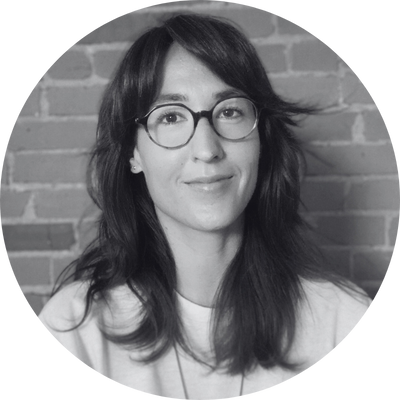
Filipa Pajevic
Power Corporation of Canada Senior Fellow
Filipa Pajevic is a journalist and fact checker based in Tkaronto/Toronto. Her work has appeared in the Toronto Star, The Guardian, CityLab, and other publications. She was a 2024 Fellow in Journalism and Health Impact at the Dalla Lana School of Public Health, University of Toronto. Previously, she spent over 12 years in academic research and teaching as an economic geographer trained in urban studies. Filipa holds a PhD from McGill University and completed a post-doctoral fellowship at the University of Toronto. She has taught urban development theory and research methods, and mentored graduate students on research design and ethics. Passionate about sharing knowledge, she strives to inform the public through well-researched, factual and engaging journalism.
X: @filipouris
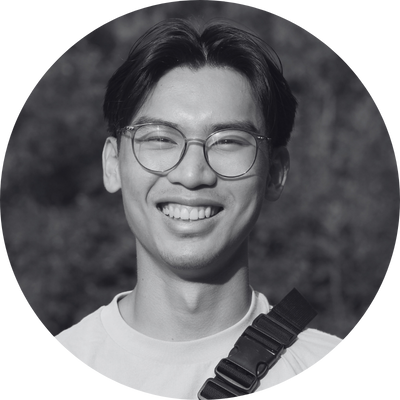
Arthur Dennyson Hamdani
Canadian Race Relations Fellow
Arthur Dennyson Hamdani is an early career journalist based in Toronto. Alongside writing, copy-editing, and fact-checking, he has experience as a photographer, illustrator, and graphic designer. His works have appeared in blogTO and Ricepaper Magazine. He was a mentee at a journalism mentorship program for BIPOC called Shared Bylines. Before The Walrus, he worked as a design editor at the University of Toronto’s student paper, The Varsity. He holds an honours bachelor’s of arts in journalism, English literature, and migration studies from U of T.
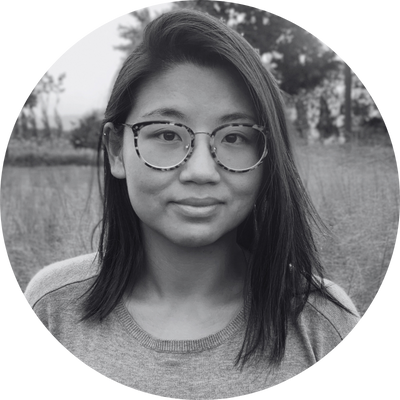
Hailey Choi
Chawkers Fellow
Hailey is a journalist and audio producer based in Toronto. She has worked on podcasts for the CBC, BBC, the Aga Khan Museum and the Canadian Race Relations Foundation, among others. Her projects span a range of genres, including the historical show Exile, the true crime series Love, Janessa and the arts and culture podcast This Being Human.
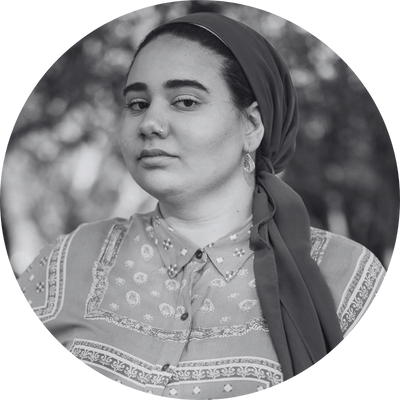
Maya ElHawary
The Walrus Editorial Fellow
Maya is a young Egyptian editor and aspiring fact-checker based in Vancouver. A recent graduate from UBC, Maya studied English Literature and Political Science. She wrote her honours thesis on the Eurocentrism of Medieval Literature classes. Maya completed an editorial internship with Greystone Books, where she helped with proofreading, copy editing, reviewing manuscript submissions and soliciting blurbs. Before The Walrus, Maya got her start in journalism with the Institute of Palestine Studies. Maya can be found cooking, tango dancing, or travelling the world when she’s not writing, researching, or obsessing over comma placements.
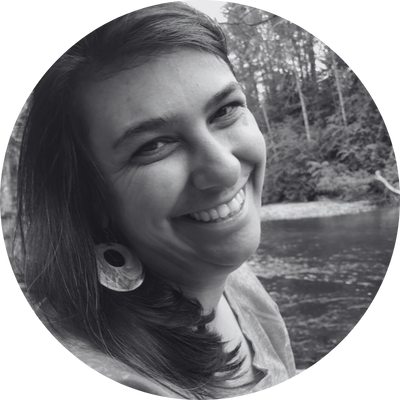
Stephanie Watterson
TD Fellow on Disability and Inclusion
Stephanie is a newly published children’s book author and edits BIPOC stories at home on Vancouver Island. She has always had a love for literature, words and puns. She knows words matter but how we use them matters more. In her spare time, she volunteers with Editors BC on their executive board and as an editor/host of Blue Pencil sessions. When she’s not reading, writing or editing, you’ll find her smashing stereotypes or eating typos (read: vegetarian food) for breakfast. This fellowship will be building on her publications experience while showcasing her amazing skillset in a professional capacity.
Where Are They Now?
Many of our past fellows have gone on to work at esteemed publications in senior positions. Some have even published their first books. Since its founding in 2003, The Walrus has been privileged to have worked with over 100 emerging media professionals and has witnessed their careers flourish. Here is a selection of past fellows and their recent activity:
- Tobin Ng, our 2023/24 Chawkers Fellow, is now the Associate Editor at Masionneuve Magazine
- Julia-Simone Rutgers, our inaugural Justice Fund Writer in Residence (2021/22), is now the Manitoba reporter for The Narwhal
- Lucy Uprichard, our 2020/21 Chawkers Fellow, is now Editor-in-Chief at Maisonneuve
- Leila El Shennawy, our 2021/22 Cannonbury Fellow, is now the Digital Editor at The Public Policy Forum
- Tajja Isen, former fellow at The Walrus (2018/19), published Some of My Best Friends: Essays on Lip Service in 2022
- Aimee Louw, our 2020/21 TD Fellow on Disability and Inclusion, is currently CBC Montreal’s City Columnist
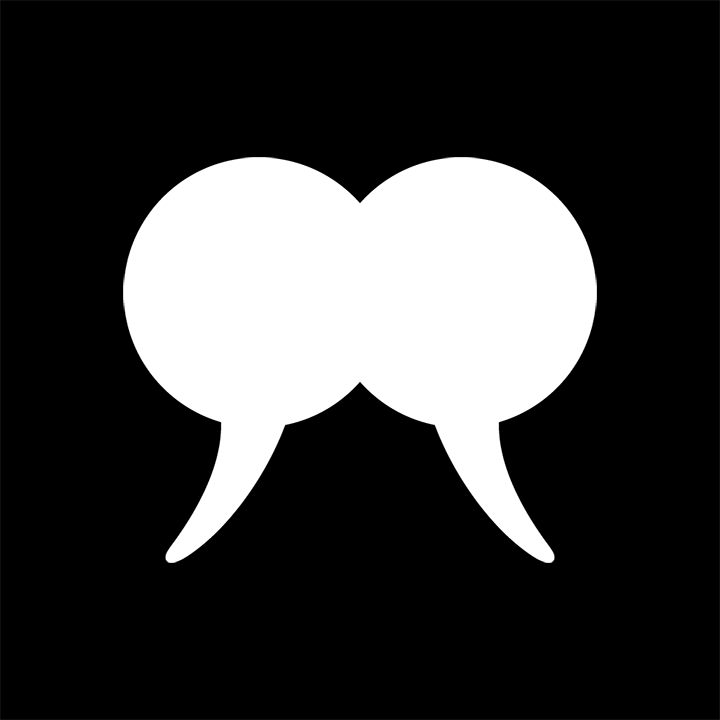
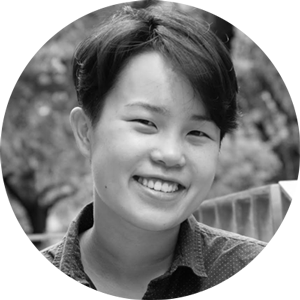
Tobin Ng, former Chawkers Editorial Fellow, 2023/24
“Having the opportunity to talk through editorial decisions and collaborate with seasoned editors has been a deeply valuable experience, and I’m excited to further develop my editing skills after the fellowship.”
Current Opportunities
POSITIONS WE ARE CURRENTLY HIRING FOR:
- The Walrus Editorial Fellowship for BIPOC Journalists (April 17 deadline)
The Walrus Editorial Fellowship for BIPOC Journalists
The Walrus provokes new thinking and sparks conversation on matters vital to Canada. As a registered charity, we publish independent, fact-based journalism across platforms; produce national, ideas-focused events, including our flagship series The Walrus Talks; and train emerging storytellers through our fellowship program. The Walrus is invested in the idea that a healthy society relies on informed citizens.
We are currently accepting applications for The Walrus Editorial Fellowship. This paid, one-year educational fellowship is open to applicants who identify as Black, Indigenous, and/or a racialized journalist. The anticipated start date for this position is Monday, June 9, 2025. One editorial fellowship position is available.
The editorial fellow’s primary responsibility is to fact-check print and online stories that The Walrus publishes. Our fact-checkers verify everything from broad claims to small details using both interviewed and gathered sources. Fellows have the opportunity to attend story meetings, contribute to editorial-planning sessions, and shadow-edit articles. They receive in-depth training in editorial fact-checking and have the opportunity to attend seminars led by the editors, staff, and contributors to The Walrus on topics including copy editing, long-form editing, and feature writing. In addition to gaining journalistic training, the editorial fellow will also be able to participate in non-editorial aspects of the organization, such as events and fundraising.
Responsibilities
- Fact-checking editorial content
- Building web posts
- Supporting editorial and non-editorial departments at The Walrus as needed
Qualifications
- Fluency in English (spoken and written)
- Background in journalism is an asset
- Strong research and critical-thinking skills
- Ability to work independently and participate collaboratively in a team environment
- Curiosity and a willingness to learn
- Prior fact-checking experience is not required, but an understanding of editorial fact-checking methodology is an asset. The Truth in Journalism Fact-Checking Guide, written by current and former heads of research Allison Baker and Viviane Fairbank, is a helpful resource in this regard.
Compensation and Benefits
This one-year position pays $800 per week for a thirty-five-hour workweek. The Walrus supports flexible, hybrid work, including a collaborative, open-office environment in downtown east Toronto. A laptop will be provided, along with a free subscription to the print or digital edition of The Walrus and a deeply discounted rate for family and friends. Fellows receive ten days of annual vacation plus statutory holidays. We also have half-day summer Fridays and a week off over the winter holiday break.
How to Apply
Please send a cover letter, résumé, and up to two letters of reference to [email protected] with the following subject line: “Editorial Fellowship: [your name].” The application deadline is 11:59 p.m. ET on Thursday, April 17, 2025. Referees may send their letters to the applicant or directly to The Walrus. Interviews will take place over Zoom in early May. Candidates selected for an interview will be asked to complete an editorial and fact-checking test; a $50 honorarium is offered as compensation for the test. Only candidates selected for an interview will be contacted.
The Walrus is committed to diversity, inclusion, and accessibility in the workplace. We value employment equity and strongly encourage applications from Indigenous, Black, and racialized people; people with disabilities, people of all genders, and the LGBTQ2+ community. If you require any accommodation in the recruitment process, please let us know by email at [email protected].
This job is based in Toronto or remote (anywhere in Canada). As this is a full-time position, full-time students are ineligible, and it is not recommended for part-time students, except in very limited circumstances. Applicants must be eligible to work in Canada to qualify. Thank you for your interest.

